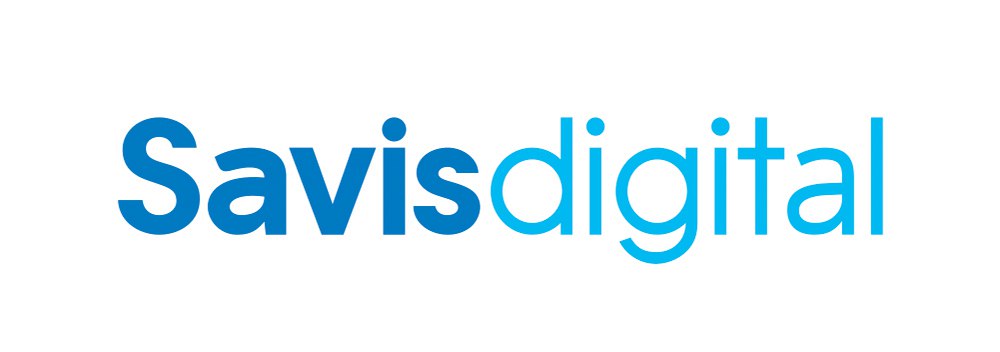Digital Currencies: Funding the digital future
Challenge
Today’s global economy faces a host of challenges—liquidity entrapment, expensive and slow payment and settlement, siloed systems and an overreliance on account-to-account transfer. This leads to complex operational overhead, increased credit, counterparty and settlement risk, as well as customer frustration.
Solution
Central Bank Digital Currencies (CBDCs) can change the way liquidity is managed, enable faster cross-border payments, and deliver real-time person-to-person transfers with instant settlement. By using CBDCs, central banks and monetary authorities can drive efficiency and transparency, while maintaining monetary policy and financial stability in their region.
Featured CBDC projects
Project Jura
The Banque de France, Swiss National Bank and the BIS Innovation Hub together with Accenture, Credit Suisse, Natixis, R3, Six Digital Exchange and UBS recently completed an experiment using wholesale CBDC to enhance speed efficiency and transparency in cross-border settlement.
Project Helvetia
BIS Innovation Hub, SIX and Swiss National Bank recently completed Phase II of Project Helvetia, which used Corda to demonstrate that tokenized assets can be settled in wholesale CBDC.
Project Dunbar
Brings together the Reserve Bank of Australia, Bank Negara Malaysia, Monetary Authority of Singapore, and South African Reserve Bank with the Bank for International Settlements Innovation Hub to test the use of CBDCs for international settlements.
Riksbank
R3 partners with Riksbank, the central bank of Sweden, piloting their initiative on Corda to determine whether it is possible to issue a digital complement to cash called e-krona.
R3 Sandbox for Digital Currencies
Managed by R3 and powered by Corda, the Sandbox is a learning and development platform for CBDC experimentation used by central banks, global financial institutions, and software vendors. Features include wholesale and retail CBDC CorDapp, liquidity and asset lifecycle management, distributed order book (DeX), DvP (delivery versus payment), PvP (payment versus payment), ability to withdraw and re-issue tokens, programmable money, and much more.
